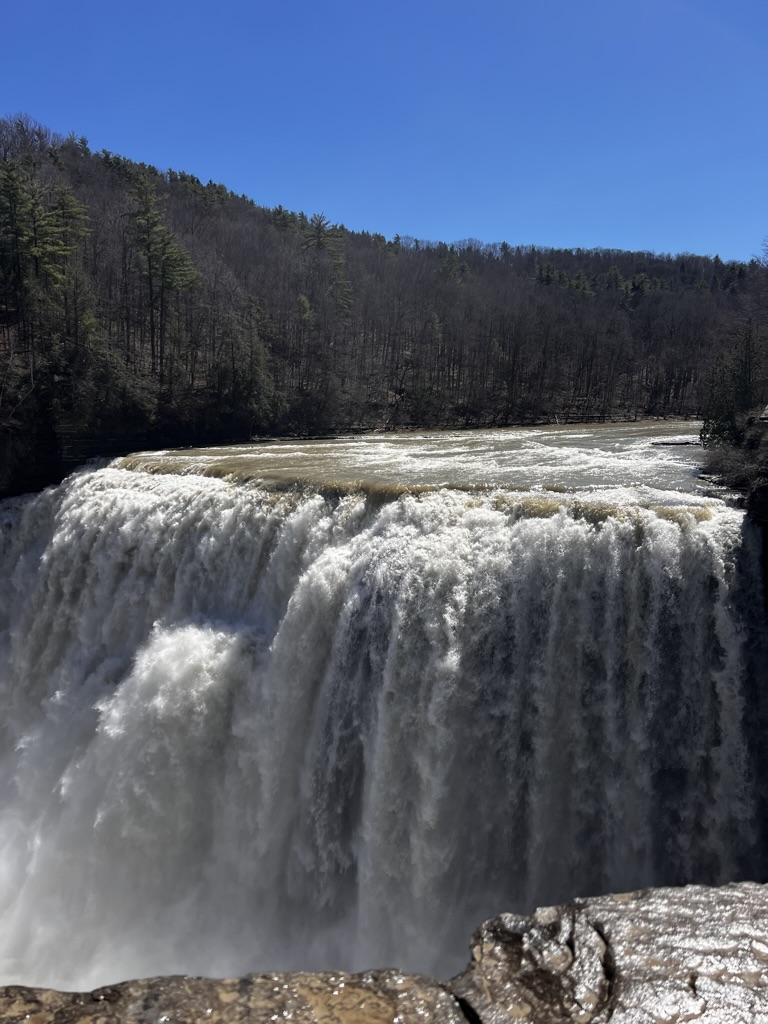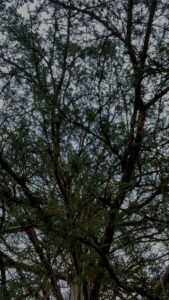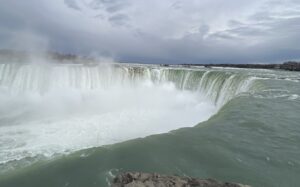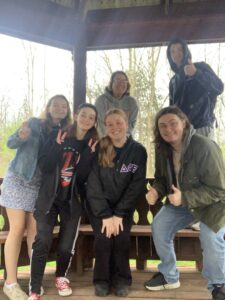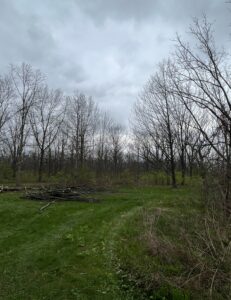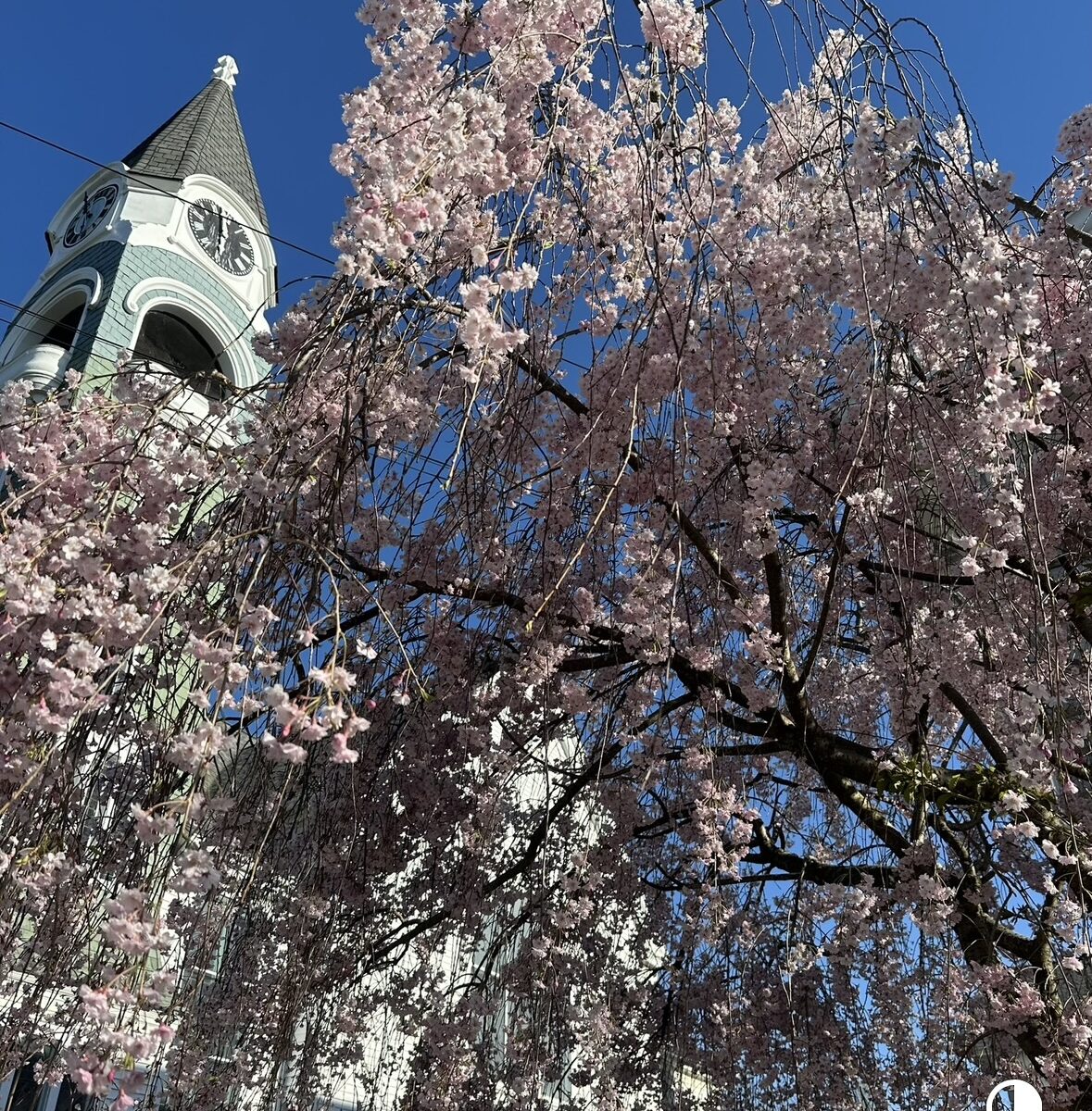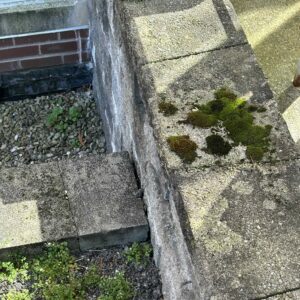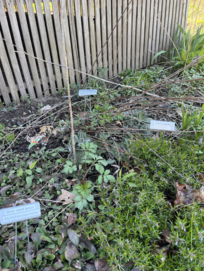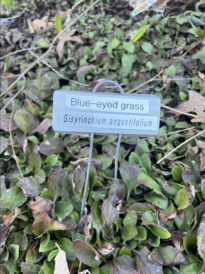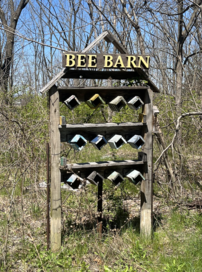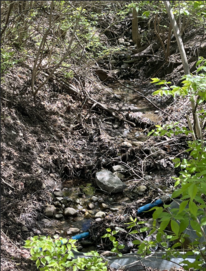On SUNY Geneseo’s campus, it can be extremely difficult to escape the concrete and pavement that seems to circumscribe any green areas. That isn’t even going into the fences and signs that don’t allow us to get to one of the few dedicated green spaces near any academic buildings. One of the only places a student living on SUNY Geneseo’s campus can go to really experience nature without a car is the Roemer Arboretum. Despite being one of the farthest areas from academic buildings, it is fairly easily accessible, though it may be a bit of a walk. I have been going to the arboretum for four years now, anytime I needed an escape from classes – my freshman year, on zoom, or, since then, the fluorescent lighting and cold, inorganic classrooms. I have seen the Arboretum develop over the years – as a freshman, living in Onondaga Hall (which is very close to the arboretum), in order to get to the gazebo and actually out of sight of the parking lots, you had to balance on one of two wooden planks that went over a marshy area, and try your best to keep that balance when they inevitably bowed under your weight. I experienced when they replaced those boards with newer, sturdier boards, and now, as there is an actual footbridge over the wet, marshy area. To me, the arboretum has always been a place of peace and quiet, to escape the chaos of campus and classes and the world, in general. It has been, since my freshman year, when it became a 15 minute walk instead of a 3 minute walk, somewhere that I have always gone alone. No one I’ve lived with has really wanted to make that trek, so it became a time of true quiet and contemplation whenever I’d go there. One of my favorite things about the arboretum is, if you go there on a clear night, you can see the stars and constellations – this is something that is not possible anywhere else on campus.
One thing that I always find comforting about nature (especially when it is not tampered with by human hands) is how slow, consistent, and expected any changes are. Though people have changed some things in the arboretum – adding a bee box, cutting down a few trees, or replacing the footbridge – everything else is consistently what you expect. The trees get green, and then colorful, and then the leaves fall, and then they bud again. The plants consistently look the same as they do at this point in the season any year I go. When life moves as fast as it seems to be – maybe more to me, since it seems my whole life is being uprooted as graduation looms on the horizon – a place where everything is slow and consistent and unchanged is of immense comfort.
On my very last GREAT Day before I graduate, I met with my group to go to the Arboretum to be in nature for a while. It was a chilly, rainy day, and I had already had to be at an event for GREAT Day, so I was in a skirt. The misty rain and the brutal wind made the walk a little less enjoyable than usual, but, in a way, it allowed me to feel a little deeper what this part of the season is for the plants in the arboretum. Though it was fairly dark and dreary, there was no sun to be seen, and the windblown raindrops felt like tiny pebbles against my legs, you could see the plants getting greener and the buds growing. The dark day was made so much brighter by the deepest green coming out in the buds on the plants, and in the growing grass, and the small blossoms blooming on some of the shrubbery. Standing in the gazebo, the only sounds other than the group talking about this experience was the raindrops on the roof of the gazebo, the wind blowing through the trees, and the birds flying around, landing and taking off from the trees, and singing, despite the gloom of the day.
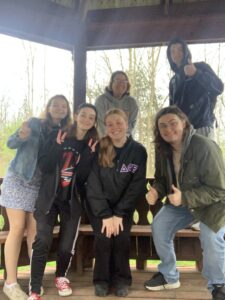
The entire experience was one of immense hope – despite the objective imperfections of the day, everyone could tell that these kinds of days are what is needed to have beautiful green sunny days in the future. It’s a feeling I’m choosing to hold onto, as I get through the stress of my last finals period in my undergrad, and the uncertainty that is coming with graduation – nature needs the gloomy periods in order to have beautiful, bright, and better days.

